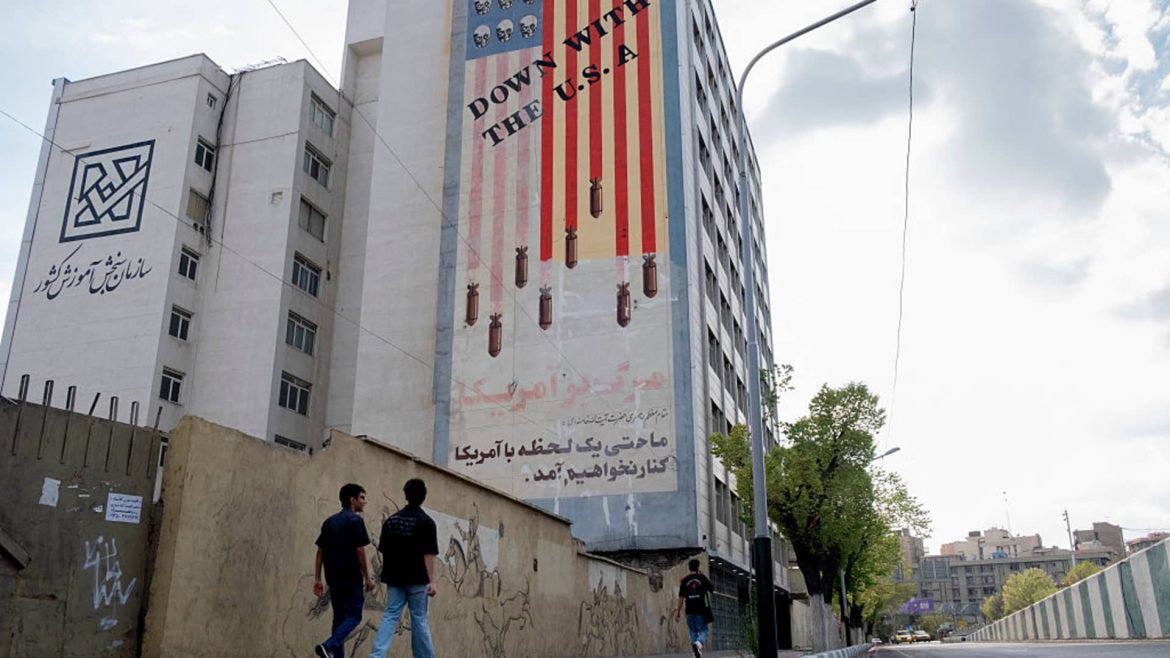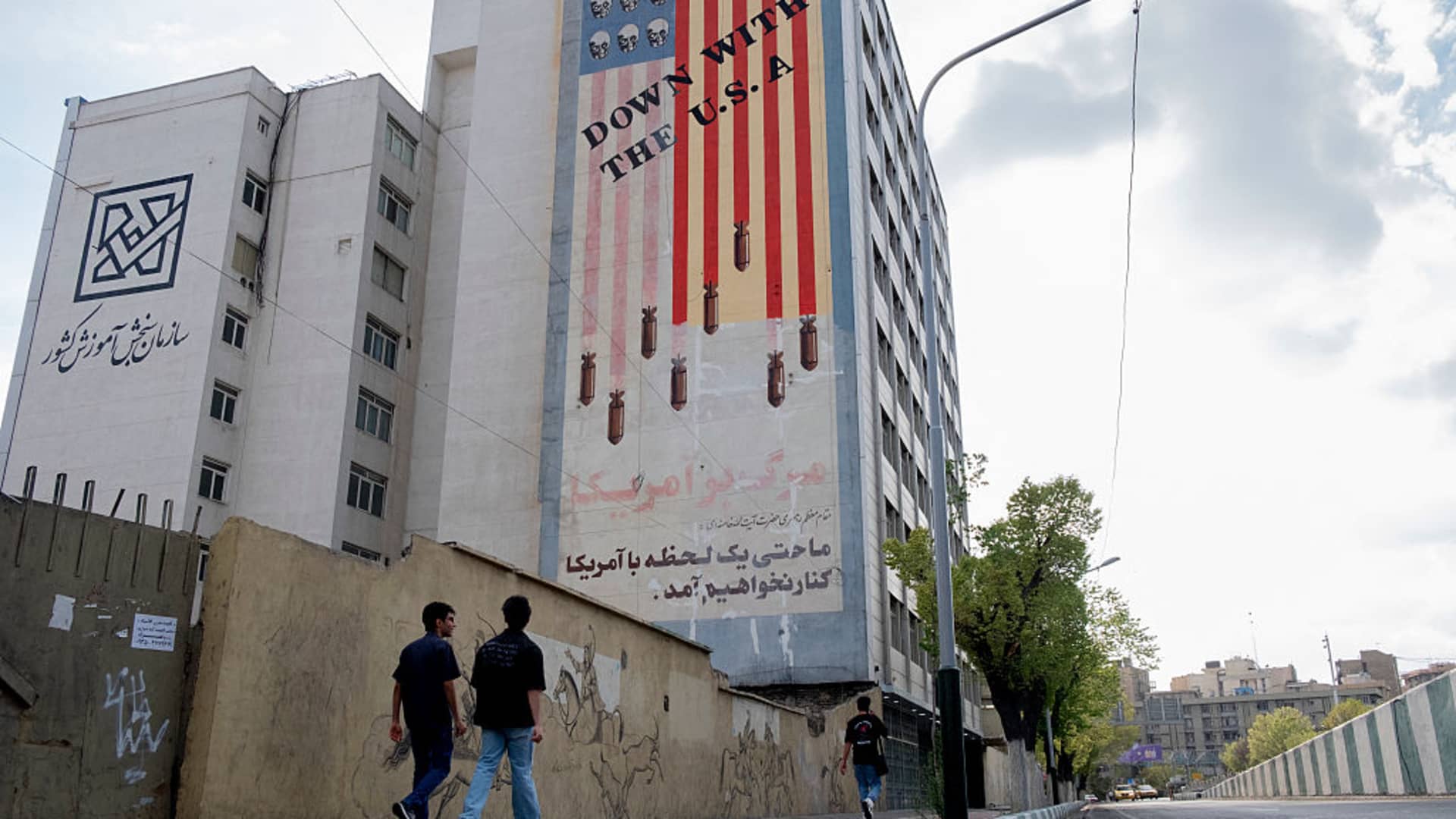The escalating tensions between Israel and Iran have reached a volatile point marked by recent Israeli military actions targeting Iranian interests. This report delves into the evolving scenario, analyzing the unfolding events, strategic implications, and broader regional consequences.
The Recent Escalation: Strikes and Special Situations
Multiple sources confirm that Israel has recently launched airstrikes against Iran, notably targeting locations connected to Iran’s nuclear program. Explosions reportedly heard across Tehran and acknowledged by Iranian state television illustrate the gravity of these attacks. Israel’s Defense Minister, Israel Katz, declared a “special situation” inside Israel, signaling heightened readiness across the country and prompting the closure of schools. The term “special situation,” as used in official statements, underscores the severity of the security environment, indicating potential for further military operations and domestic precautionary measures.
Israel’s Strategic Calculus and Preparation
Israeli officials and media reports suggest that these measures, including the strikes, are part of a broader preemptive strategy toward Iran’s nuclear ambitions. Intelligence assessments have likely concluded that a window for neutralizing or impeding Iran’s nuclear capabilities may be narrowing, making near-term action preferable. This has come despite the absence of explicit U.S. endorsement; Israel apparently intends to operate independently, or at most with limited logistical support from the United States.
The references to “preemptive strikes” indicate an intent not only to retaliate but to disrupt ongoing nuclear developments before they reach critical milestones. Israeli Defense Minister Yoav Gallant’s announcements about a “special situation on the home front,” alongside caution about Hezbollah’s potential attacks from Lebanon, reveal that Israel is bracing for expanded conflict scenarios beyond just direct Iranian retaliation, involving proxy groups and regional actors.
U.S. Involvement and International Dynamics
While the U.S. remains a key geopolitical player in the region, current reports emphasize a lack of direct American military involvement in Israel’s strikes, though logistical support cannot be ruled out entirely. Statements from former President Donald Trump and current U.S. leaders acknowledge the possibility of imminent Israeli military action against Iran but have stopped short of confirming coordinated engagement.
Iran’s warnings to both Israel and the U.S. against attacks on its nuclear sites underscore the risks of escalation involving multiple state actors. Iranian rhetoric suggests that Tehran holds the U.S. accountable for any Israeli aggression, complicating the diplomatic landscape and raising the stakes for regional stability.
Regional Implications: Hezbollah and Lebanon
Israel’s defense posture also reflects concerns about Hezbollah’s preparation for attacks possibly synchronized with or in response to Israeli strikes on Iran. Hezbollah’s capacity to launch extensive assaults from Lebanon, combined with its interest in protecting Lebanese civilians from Israeli countermeasures, adds layers of complexity to Israel’s security calculations.
The designation of a “special situation” coincides with warnings about Hezbollah’s mobilization and the potential for simultaneous multi-front hostilities, which could overwhelm Israel’s defensive capabilities and widen the conflict area.
Analytical Assessment of the Situation
The cumulative intelligence and public reports suggest that Israel views the Iranian nuclear threat as sufficiently pressing to justify high-risk military action. The preemptive strikes serve several purposes:
– Degradation of Iran’s nuclear infrastructure: Aiming to slow or halt nuclear development milestones.
– Deterrence: Sending a strong message to Iran and proxy groups about the costs of continuing nuclear development and hostility.
– Readiness signaling: Alerting domestic populations and international observers to Israel’s preparedness for intensified conflict.
However, the broader consequences are uncertain. Iranian missile responses and proxy attacks risk escalation into a wider regional war. Israeli strikes on Iranian territory could provoke retaliation on Israeli ground and international condemnation, depending on civilian casualties and geopolitical alignments.
Conclusion: A Critical Juncture in Middle East Security
Israel’s recent military strikes against Iran, coupled with the declaration of a “special situation,” reflect an increasingly dangerous chapter in Middle East geopolitics. This strategy appears aimed at curbing Iran’s nuclear ambitions but carries high risks of escalation with Iran and its allied forces, including Hezbollah.
The situation demands close monitoring as further military, diplomatic, and political developments unfold. The balance between preempting nuclear proliferation and avoiding a broader war will be the key challenge for Israel and the international community in the near term. This moment captures not only a military operation but a pivotal test of regional stability and strategic resolve.





